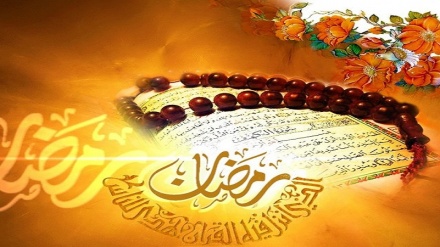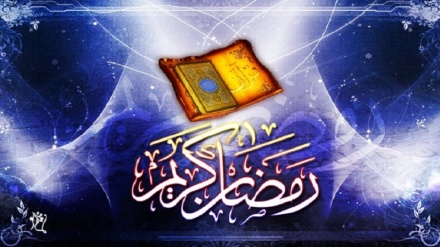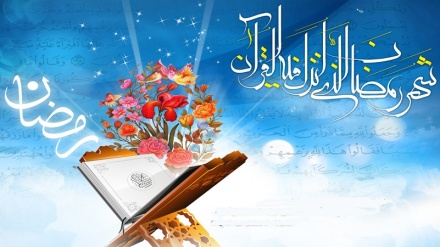Heavenly Call (20)
Welcome to the 20th episode of Heavenly Call on the occasion of the blessed fasting month of Ramadhan.
Today is the second day of the tragedy that struck the Commander of True Believers, the Leader of the Pious, and the Symbol of Justice, Imam Ali ibn Abi Taleb (AS), while engrossed in the morning ritual prayer, when his blessed head was split by the poison-soaked sword of the renegade Abdur-Rahman ibn Muljam – a fatal blow that resulted in his martyrdom later on the 21st of Ramadhan.
We extend our heartfelt condolences. Let us recite the special supplication of the 20th day:
“O Allah, open for me this day the gates of paradise, and shut for me therein the gates of hellfire; and grant me success in reading the Qur’an; O You who send down tranquility into the hearts of the faithful”!
One of the catastrophic challenges of the current era is economic discrimination and class chasm in human societies. A very small number of people own almost all resources and assets of the world. They are engrossed in super-luxurious life while a major part of the world people lives in absolute poverty and cannot meet their basic needs. The bitter record of the past centuries proves that various schools of the West and the East have not only totally failed to tackle class gaps but added salt to injury.
In contrast, the divine system of Islam, which is based on economic justice, presents practical solutions to fill class gaps. Whenever in its holy ayahs the holy Qur'an speaks of the ritual prayer, it instantly mentions zakat and spending in the way of God. It means, the communion with God Almighty should not be devoid of firm bonds with fellow human for the sake of their welfare and wellbeing. In other words, the daily ritual prayer as the symbol of remembrance of God is not enough, without remembering the poor and destitute sections of the society. A real maintainer of prayer should be concerned about the state of the needy.
The noble Qur'an says in ayah 37 of surah Noor:
“Men whom neither trading nor bargaining distracts from the remembrance of Allah, and the maintenance of prayer and the giving of zakat.”
The message of this ayah is that the belief in God that translates into action through performance of the ritual prayers, becomes fully manifest with the paying of zakat and spending in the way of God. If there is no belief in the Creator and the Judgment Day, there won’t be any motive for work. That's why the Qur'an says in ayah 254 of surah Baqara:
“O you who have faith! Spend out of what We have provided you before there comes a day on which there will be no bargaining, neither friendship, nor intercession. And the faithless- they are the wrongdoers.”
In this world, one can make use of facilities, economic abilities and intercession of friends, relatives or influential figures to dodge punishment and justice. But the Day of Judgment is totally different. None can do anything on that day, which means those who had no faith in resurrection and afterlife will be in total loss for the wrong they had done themselves by not preparing anything for afterlife. While alive they had oppressed the poor and the needy and consequently oppressed themselves forever for their lack of proper faith and ingratitude to God.
It is narrated that once Abu Zar, the loyal companion of the Prophet, approached the third self-styled caliph, and asked him if Muslims have financial rights other than what God has decreed for the rich? Ka’b al-Ahbar, the former Jewish rabbi who was sitting with Othman bin Affan, said that they don't. Abu Zar was upset and said, "What do you know of Islam to talk in this way.” Then addressing Othman, he said: "The responsibility of Muslims is not limited to khoms and zakat. They are other financial rights, too." The caliph, who seemed to be unaware asked the reason, at which Abu Zar recited part of ayah 177 of surah Baqara which stresses that the good are those who have faith in God, the Last Day, the angels, the Book, and the prophets; and they spend their wealth on relatives, orphans, the destitute, the needy travelers, the beggars and for freeing the slaves.
We hope that one day every faithful will pay his share of zakat so that there won't be any poor. Amen!
AS/ME


